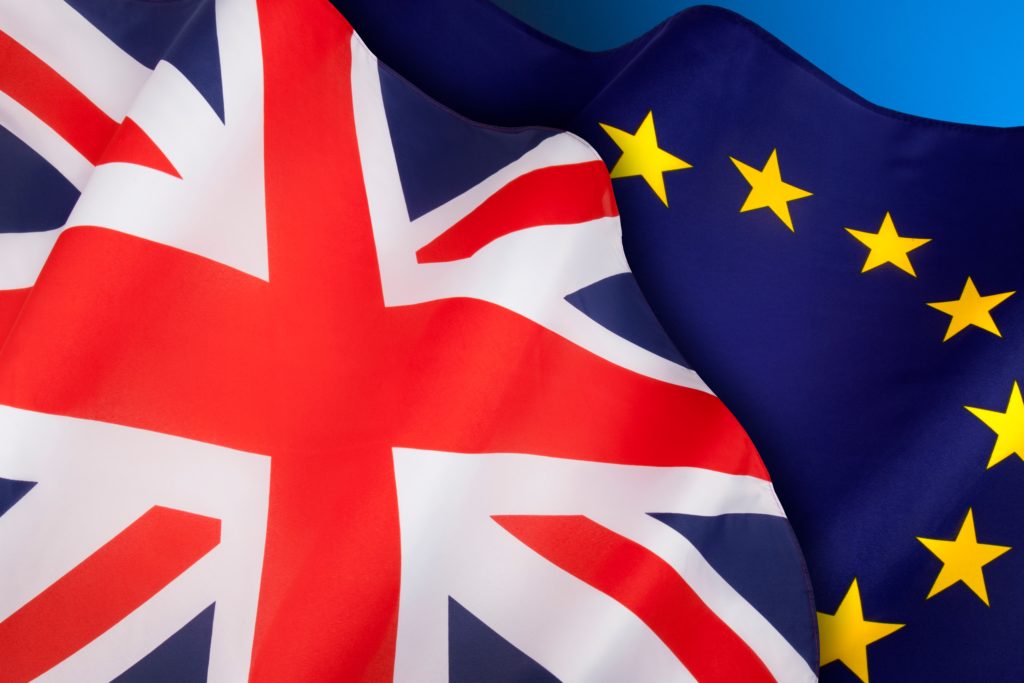UK-EU Relations Enter New Era as Post-Brexit Trade Deal Takes Effect

After four years of debates and compromise, the UK and European Union have finally landed on a post-Brexit trade deal. The new trade agreement took effect January 1.
The UK and EU came together at the final hour in late December to complete a trade deal that appeases both parties. Finalizing the deal before the December 31, 2020 deadline helped to avoid a no-deal exit.
Now that the UK-EU deal has been signed, the door is open for a new trade agreement between Britain and the U.S. The lowly position of trade among policy priorities for the incoming Biden-Harris administration casts doubt on the timeliness of a potential new deal, however.
Leading Up to the Trade Deal
Technically, Brexit occurred January 31, 2020 when the UK officially parted ways with the Europe Union. But Britain kept much of its relationship with Europe intact for an additional transition year. This allowed the parties time to negotiate a deal that would define trade, immigration, and much more.
Formal negotiations in Brussels began in March and persisted through 2020. The often-contentious process saw quarrels over fishing, Irish border procedures, and much more. The two sides came to an agreement at the eleventh hour when they settled on a deal December 24. British parliament quickly passed the agreement into law with support from both the Conservative and Labour parties.
The last-minute approval helped the UK avoid a no-deal situation that would have had detrimental effects on its economy.
What’s in the Agreement?
The new post-Brexit deal has a broad scope that affects practically every facet of the relationship between Britain and Europe, including trade. Here are a few notable components of the agreement.
- Immigration and Labor: Citizens of the UK and EU can no longer freely travel across the English Channel for work and residency. Work visas and other documentation will be required.
- Tariffs: The deal continues the tariff-free relationship between the EU and UK.
- Fishing: There will be a 5.5-year transition period during which EU fishers will still have access to UK waters. This piece had been a sticking point in the final days of negotiations.
- Ireland/Northern Ireland Border: Northern Ireland will keep its EU trade relationship in order to prevent a hard border with Ireland.
The Future for US-UK Trade Relations
Now that Britain has formalized its trade relationship with Europe, the focus will likely shift to forming a new trade deal with the U.S. The Trump administration had been eager to complete such a deal and even came close to completing sections. But the incoming Biden administration is less enthusiastic.
According to The Guardian, Biden himself has said that he intends to pursue more competitive American manufacturing and stronger worker protections before completing a deal. Overall, trade is a lower priority for the incoming administration than the outgoing. It could mean a slower, more cautious road to an agreement.
Nonetheless, the U.S. is on the clock. Politico has said that a US-UK trade deal is needed by April to fast-track the agreement via the Trade Promotion Authority.
Scarbrough International will continue to share news as the UK establishes its post-Brexit trade relations.

